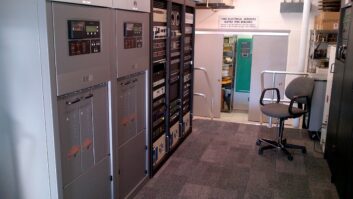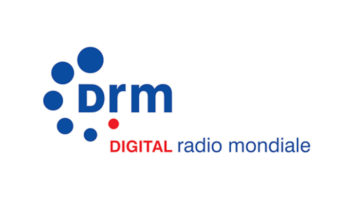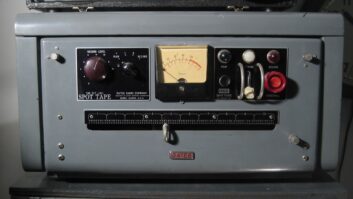LONDON — Shutting down the United Kingdom’s FM Radio broadcasts may be the real purpose of the U.K. radio review, which starts soon and is scheduled to conclude sometime in mid-2020.
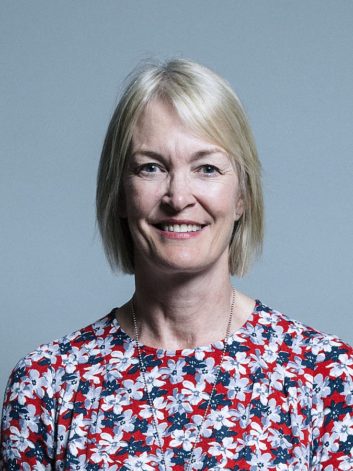
Announced by Department for Digital Culture, Media and Sport (DCMS) minister Margot James at the annual U.K. Radio Festival on May 13, 2019, the review’s official rationale “is to look at the ways people listen to the radio in the digital age,” said Paul Chantler. He is a radio programming consultant and co-owner of the Fix Radio DAB station in London, who heard James speak at the festival. “In reality, the government are responding to pressure from the big radio groups to turn off FM to allow them to focus on digital broadcasting platforms,” Chantler told RWI.
Minister James made no statements about shutting down FM nor any other forms of U.K. analog radio broadcasting. But she did tell festival attendees that “Digital radio now accounts for more than 52% of all U.K. radio listening and we need a legislative structure that reflects this change, and gives us flexibility to deal with the change that lies ahead.” James added that the parties to be consulted during the radio review include the BBC and commercial radio broadcasters, radio manufacturers, the car industry and others in the radio supply chain.
[Read: U.K. Broadcasters Vary in Concern About Brexit]
With U.K. radio moving strongly into the digital realm — not just over the air, but also via smartphones and web-connected “smart speakers” — having the review now makes sense, according to John Evington, a partner at The Radio People consultancy and low-cost DAB solutions provider Viamux.
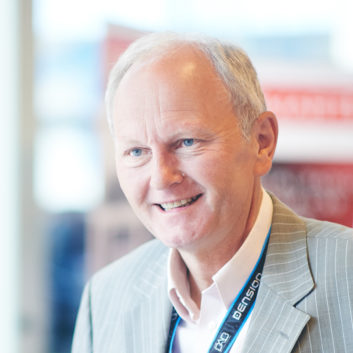
“There needs to be a clear strategy for radio as the lines between traditional linear radio, streaming services and podcasting become increasingly blurred,” said Evington. Reflecting on the likely topics to be raised during the radio review, “the focus will inevitably be on platforms and delivery and the technological advances that are likely to impact on the listener experience.”
For his part, Chantler believes that a complete “switchover” from FM to DAB — rather than the FM/DAB simulcasts taking place today — will dominate the radio review discussions; driven by Britain’s big radio groups.
“The reason there is so much pressure from the big groups for a switchover is that for many years, radio companies have been financing dual transmission on both FM and DAB,” Chantler explained. “This is extremely expensive. Now that DAB radio covers 90% of the U.K. and listening via digital platforms accounts for 52% of all listening, the government feels that now is the time to consider ‘forcing’ a full migration to digital radio.”
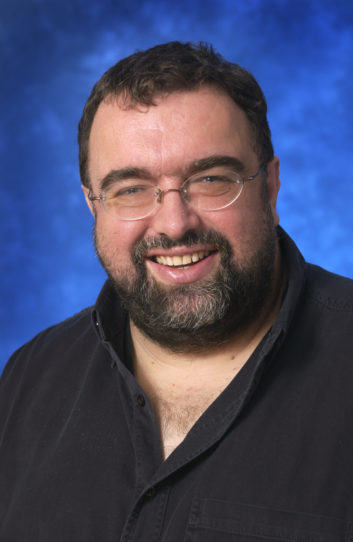
Chantler predicts that the U.K. radio review will set a date for turning off British FM broadcasting, and that this shutdown “will probably happen in 2022–2023.”
He is not in favor of this option: “My own view is that there is still a place for FM radio alongside digital,” Chantler added. “Although there are some small-scale opportunities for smaller community and niche stations to cost-effectively transmit on DAB, I still think some use could be made of FM for small non-profit stations.”
Evington agrees. “I believe that FM needs to remain for at least another 10 years,” he said. “However, there are some interesting scenarios that could be developed during that time. For example, we would like to see a phased digital migration for BBC national services beginning with Radio 3, which still occupies a large portion of prime bandwidth despite a listening share of just 1.2%. This would free-up space for a range of new commercial services benefitting the consumer and the exchequer.”
One thing appears certain: “Most people in the industry have been expecting this review for a long time and welcome it,” said Chantler.
“Certainly, if the big groups get their way and a date is set for an FM switchoff, they will be able to save money by only broadcasting on DAB. They have been preparing for this for many years with the creation of big, well-branded national stations such as Heart, Capital and LBC (owned by Global) and Magic, Kiss and the Hits Network (owned by Bauer). Earlier this year, Wireless Group/News UK (the third biggest player in U.K. radio) invested heavily in revamping Virgin Radio — which is a national DAB-only station — by recruiting BBC Radio 2’s star DJ Chris Evans.”



